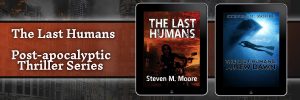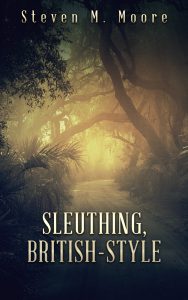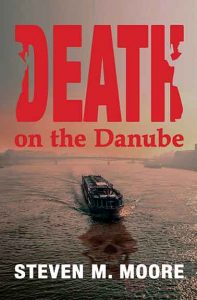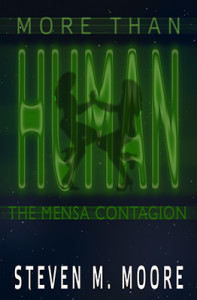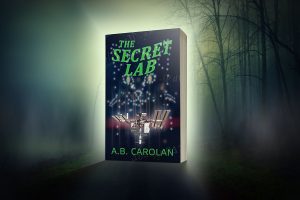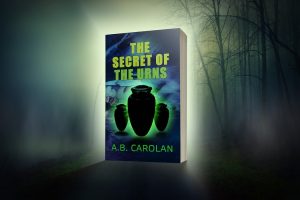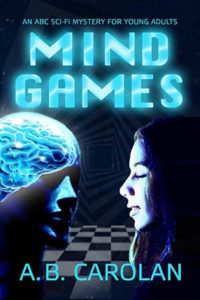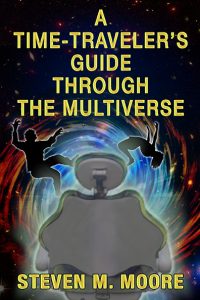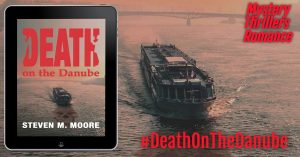John McCain…
Wednesday, January 13th, 2021[Note from Steve: Readers of this blog have already read about some of the publishing history of The Last Humans: A New Dawn. I continue the discussion of that ebook here, focusing more on the content in this post.]
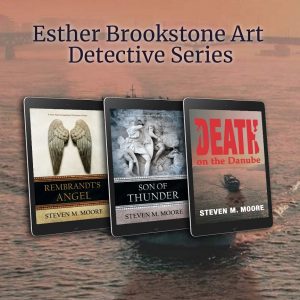
My readers know that I often separate sections of a novel with a quote: Rembrandt’s Angel uses George Bernard Shaw quotes, Son of Thunder has quotes from St. John the Divine, and so forth (the third book in the “Esther Brookstone Art Detective” Series, Death on the Danube, is partitioned naturally by cruise days). I also use quotes for that purpose in my new post-apocalyptic thriller The Last Humans: A New Dawn (it’s less post-apocalyptic and more standard thriller than the first book).
When I do this, I have a lot of fun searching for each section’s quote. Mind you, these aren’t quotes about writing or publishing. I’ve collected plenty of those, but, while pithy, they rarely relate to sections of a novel. So my search continues.
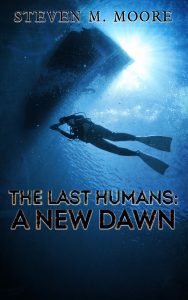
My new book starts with the following quote: “The species will continue, whatever apocalypse we manage to unleash. It just won’t be much fun to live through.”—Naomi Alderman. That sets the tone of the novel. As in The Last Humans, we continue to follow the adventures of main character Penny Castro as she struggles to survive in a post-apocalyptic world. She has a family now (husband, an adopted child, two of their own children, as well as a Jewish patriarch), so the story isn’t just about her anymore.
And that’s where Senator and war hero John McCain comes in. Penny finds herself in a POW camp in a strange land in one section, so I start that section with a quote from Mr. McCain: “As far as this business of solitary confinement goes, the most important thing for survival is communication with someone, even if it’s only a wave or a wink, a tap on the wall, or to have a guy put his thumb up. It makes all the difference.”
Here’s my rationale for using this quote (taken from the end notes to the novel): “While this novel is about future politics (more like foreign relations and diplomacy, to be precise), I should add a word about my mentioning John McCain. Most of my readers won’t be surprised when I state that I disagreed with a lot of his political positions. He was honest about them, though, and, unlike some, a true conservative. He also believed in the dialogue so necessary to maintain a thriving democracy. Mr. McCain might have beaten Mr. Obama if he hadn’t rebelled against Republican heavyweights to choose Sarah Palin as running mate. Yet there are many good things that will forever set him above party politics too: His refusal to leave the Hanoi Hilton unless his fellow prisoners were also released; his answer to the woman who asked in the 2008 campaign if Mr. Obama was a Muslim terrorist; and his refusal to vote to end Obama’s ACA, which enraged President Trump—that decision saved millions of Americans’ health care, and I also see it as sweet revenge for Trump dissing McCain during the 2016 campaign for being captured during the Vietnam War (Trump sat that war out to take care of his “bone spurs”). His ultimate jab at Trump occurred in the 2020 campaign after his death when his wife endorsed Joe Biden and Arizona went blue for that Democratic candidate (the Dems also won a senate seat there [all but forgotten now because of events in Georgia]). Of course, that stance in the Vietnam War era is why McCain is mentioned in this novel. John McCain was a true American hero, and everyone should recognize that, no matter what political proclivities they have.”
